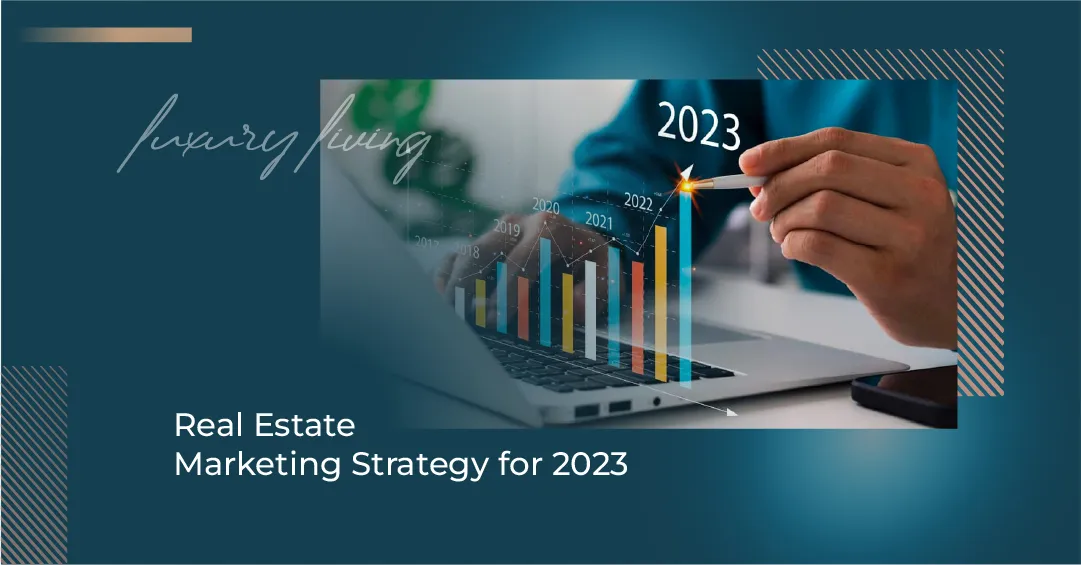
Table of Contents
In an ever-evolving world characterized by various challenges and opportunities, the real estate sector is continuously adapting. Flexibility, customer-centricity, and sustainability are the linchpins that will shape this industry in 2023 and beyond.
Embracing Flexibility in Sales and Leasing
The era of rigid leasing contracts and inflexible terms is over. The real estate landscape is undergoing a transformation to accommodate a variety of needs. From short-term rentals to co-working spaces and even fractional property ownership, options are plentiful. Digital technologies play an instrumental role, with remote virtual tours and blockchain-based transactions breaking geographical barriers and making property investment and leasing a seamless experience.
Navigating the Effects of Inflation and Energy Concerns
In an economy affected by inflation and an increasing focus on energy conservation, traditional models of real estate development are inadequate. Companies are actively investing in green technology, including solar panels, wind turbines, and smart home systems, to make their projects more sustainable and cost-effective. The role of energy-efficient materials in construction has never been more prominent, with features like triple-pane windows and advanced insulation techniques being standard in new projects.
Furthermore, companies are implementing diverse pricing strategies to balance inflation-related cost increases. Loyalty programs, multi-year contracts, and bundled services are some ways to build long-term relationships with customers and insulate them from price volatility.
Purpose-Driven Project Designs
The modern real estate consumer is no longer satisfied with generic solutions. An in-depth understanding of varied consumer profiles enables companies to design projects that serve specific needs. From apartments optimized for remote work to commercial spaces with on-site childcare centers, the focus is on enhancing lifestyle and convenience. Architectural designs also reflect this change, with an emphasis on multi-purpose spaces that can adapt to different needs over time.
Crafting Meaningful Connections
Personal connections and emotional engagement are pivotal in real estate marketing. Companies are increasingly deploying storytelling techniques, sharing success stories, and customer testimonials through various channels. Digital content, including high-quality visuals and videos, contributes to building a brand narrative that resonates with potential buyers. This layered approach to marketing not only draws in new customers but ensures a high rate of customer retention.
Conclusion
In 2023, flexibility, innovation, and a strong focus on customer experience are defining the real estate sector. Companies that adopt a multi-pronged approach—encompassing flexible contract terms, energy-efficient designs, personalized marketing, and a deep understanding of consumer needs—are likely to outperform their competitors. It's a transformative era, and the future belongs to those who can adapt, innovate, and maintain a relentless focus on delivering value to their customers.
Frequently asked questions
No, Sisli and Maslak are among the most expensive areas in Istanbul, because they are central areas and are considered one of the best residential areas in Istanbul, and the price per square meter in these areas starts from $5.500.
Real estate prices are high in Istanbul compared to the rest of the Turkish cities because it is considered the economic capital of Turkey, and because of the great urban boom that it is witnessing, and its strategic location on the map, in addition to the great interest of the Turkish government in the city of Istanbul, and the development of infrastructure through many projects it has undertaken.
Also, Istanbul is considered the first destination for Turkish and foreign investors, as it is considered the best by achieving the largest profit margins in recent years for investors.
The prices of apartments in Istanbul are usually very high compared to other cities, due to its historical and commercial importance, as well as the most important commercial and archaeological centers.
It takes 2 to 3 months to obtain Turkish citizenship officially by real estate investment in Turkey in 2023.








